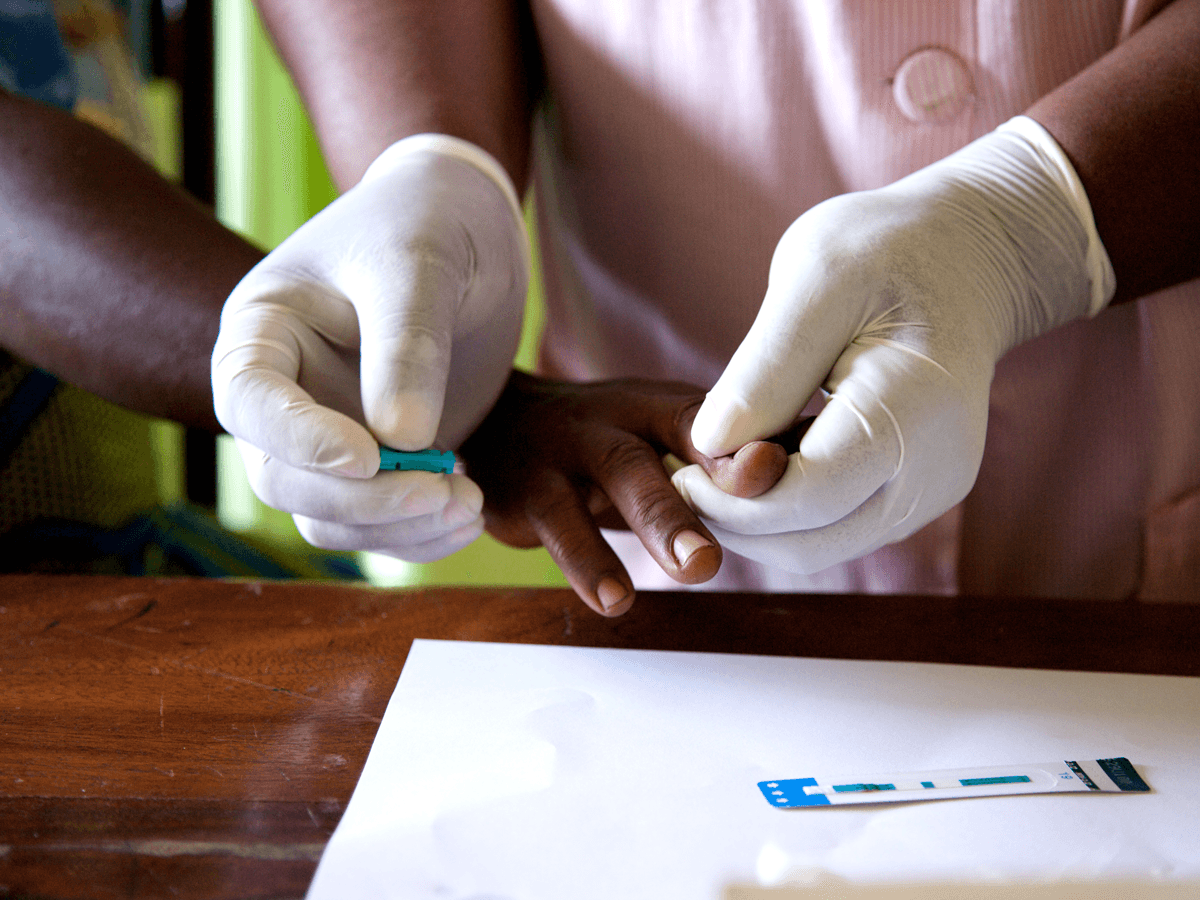Disease surveillance to stop HIV transmission in its tracks. Remarkable progress has been made toward HIV epidemic control in some high-burden countries, but many gaps remain. Identifying people with undiagnosed HIV infection, especially those who have been recently infected, is essential to realize the individual benefit of rapid treatment initiation and to prevent HIV transmission to others. A rapid HIV test that can distinguish a recent HIV-1 infection (acquired within the last 12 months) from a long-term infection now offers new opportunities to improve the health of people living with HIV and to advance public health efforts toward epidemic control. ICAP is working in collaboration with CDC, ministries of health, and local organizations to roll out rapid HIV recency testing in selected high-burden countries as part of a comprehensive approach to respond to the HIV epidemic.
WEBINARS
TRACE Best Practice Webinar Series (Recorded: September, 26, 2024)
This webinar featured presentations from colleagues in Eswatini and Rwanda, who shared results from their time motion assessments, highlighting the additional time spent on recent infection testing activities.
REPORTS
PUBLICATIONS
- Admasu et al. BMC Infectious Diseases 2024
- Clin Pharma and Therapeutics – 2022 – Parkin – Facilitating Next‐Generation Pre‐Exposure Prophylaxis Clinical Trials Using
- Parmley et al.aid.2021.0216
- Rwibasira et al.pone.2021
- Wallach et al SCM Manuscript Final PDF
ABSTRACTS
- CROI-2022-Slides-SaitoPOC232022
- croi2023-slides_SaitoFINAL221
- ICASA 2021 Presentation_EHRIS During COVID Pandemic_Final_04.12.2021
- ICASA 2021 Presentation_EHRIS Repeat Testers_FINAL 0312121 (updated) (1)
- _IAS_Poster_Lamb_FINAL_RU_Comms
- CROI 2023_POIROT et al_940_finalupload
- CROI Patel et al #1204
- INTEREST 2022_POSTER 198_ABATE et al_final
- INTEREST 2022_POSTER 200_POIROT ET AL_final
- INTEREST 2022_POSTER 212_FANG ET AL_final
- Rwibasira G_HIV recent infection clusters in Rwanda_Poster_IAS 2021 (002)
- Saito S_Determinants of long-term infection in Eswatini_Poster_IAS 2021_MP
- Sibandze D_PT quality in HIV POC testing for recent infections in Eswatini_Slides_IAS 2021
- Wells__AIDS_2022_poster_7_14_with_recording
Generic Recent Infection Response Strategy




